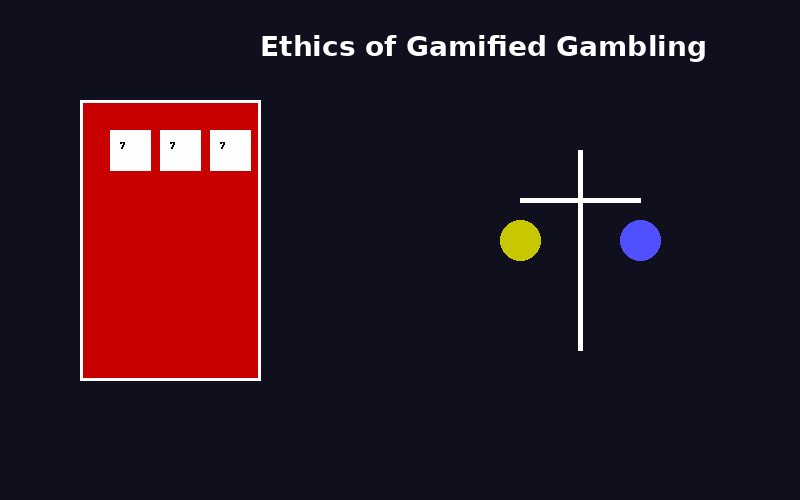The Ethics of Gamified Gambling: When Design Becomes Exploitation
By Neil Sculthorpe, Senior Lecturer in Computer Science, Nottingham Trent University
Gamification, when used responsibly, enhances user experience — whether in learning platforms, fitness apps, or even tax filing tools. But when transferred to online gambling platforms like Vavada, the same mechanics raise uncomfortable questions: at what point does design shift from engagement to manipulation?
To address that, we must go beyond code and mechanics. We must ask what behaviors these systems incentivize — and why.
Progress Bars and Loss Aversion
Vavada’s use of XP meters, loyalty tiers, and time-limited offers is technically brilliant. The platform leverages clean UI, fast feedback loops, and minimal user friction. But beneath this polish lies a powerful behavioral lever: loss aversion through progress interruption.
When a player is halfway through a level — or three steps away from unlocking a “mystery” bonus — the system subtly communicates, “You’ve already invested. Don’t stop now.” This is the same principle used in freemium games, but with real money at stake, the ethical weight changes dramatically.
Artificial Scarcity and Countdown Pressure
Timed bonuses and rotating promotions are framed as rare opportunities. Players are told a certain offer will expire in “3 hours 14 minutes” — even if the same bonus returns tomorrow under a different name. This artificial scarcity isn’t unique to Vavada, but its execution is refined and deeply embedded into the user journey.
Behavioral psychology calls this the scarcity heuristic. In academic environments, we teach students to recognize and deconstruct it. In casino environments, it's monetized.
Personalization or Profiling?
Vavada, like many platforms, uses behavioral tracking to adjust bonus offers. High-frequency users might receive cashback offers after a losing streak; others might get matched deposit bonuses during periods of inactivity. Technically, this is adaptive design. Philosophically, it borders on profiling for vulnerability.

It’s one thing to offer a reward. It’s another to use machine learning to identify who is most likely to chase it irrationally.
Language and Interface Framing
Language design plays a role too. When a loss is framed as “Just missed!” or “So close!”, it taps into near-miss psychology — a concept well documented in gambling addiction research. If a system consistently reframes loss as proximity to success, users begin to perceive randomness as progression.
In educational software, this same mechanism encourages resilience. In gambling, it encourages replay.
The Line That Moves
There’s no single threshold that separates ethical gamification from exploitation. Instead, the line moves depending on context, audience, and transparency. Vavada’s design team — much like those behind mobile games — walk a tightrope between engagement and manipulation.
What complicates the issue is that these systems work. Retention goes up. Session length increases. But so do deposits — and, potentially, harm.
As a computer scientist, I admire the elegance of the system. As an academic, I question its impact. The code may be clean. The architecture may scale. But the effects ripple well beyond the stack.
In a future piece, I may explore whether these systems could be repurposed — not to encourage wagers, but to help players stop.
